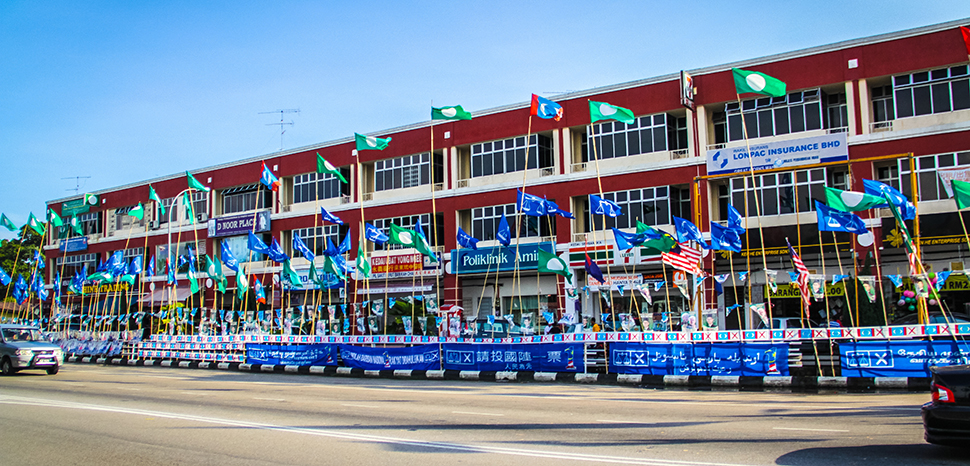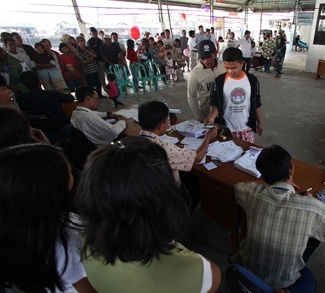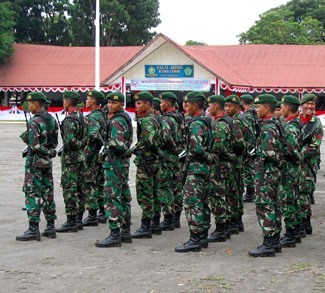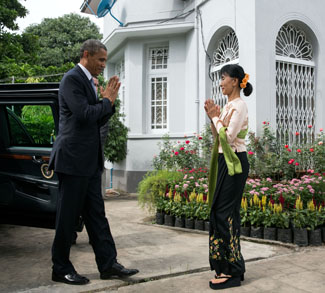Malaysia will hold its 15th general election (GE15) on 19 Nov 2022 to elect a new Parliament and state assemblies for Perak, Pahang, and Perlis. The election comes amidst a season of political turmoil (three prime ministers in four years), which followed the watershed May 2018 elections that saw the ruling coalition lose power for the first time since independence.
The political landscape has become more diffused since 2018, making this election particularly unpredictable. On the peninsular, it is unlikely that any one of the three main blocs – the once dominant Barisan Nasional [BN] (41 seats), rival coalition Perikatan Nasional [PN] (39 seats), or multiracial coalition Pakatan Harapan [PH] (90 seats) will garner enough votes to win an outright simple majority (112 out of 222 seats). Any ruling coalition will have to accommodate East Malaysian parties such as GPS (19 seats) and PBM (6 seats) in Sarawak, and GRS (8 seats) and Warisan (7 seats) in Sabah, whose interests can no longer be side-lined given their electoral importance.
A sampling of pre-election national polling such as Merdeka Center’s (5-8 Nov) and YouGov (8-14 Nov) do not show any coalition gaining a decisive share (no more than a third) of national support. More crucially, the polls point to a sizeable chunk (20-29%) of undecided (or deliberately coy) voters.
Turnout will probably have an uneven impact – while a lower turnout benefits the BN with its stronger ground machinery, a relatively high turnout (mid-70% to the low to mid 80%) may indicate that more opposition-leaning outstation voters are returning to their home states to vote.
Expect political flux in the aftermath as parties/blocs (peninsular blocs BN, PH and PN as well as east Malaysian players) vie to cobble together a ruling coalition. But a repeat of the protracted period of political uncertainty in 2020 is unlikely given public unhappiness over pressing governance issues (inflation and unemployment) and the role the palace (current Agong Abdullah of Pahang) can and has played in facilitating a political transition.
The next prime minister candidate is likely to hail from the dominant party in the winning coalition, but his position in a power-sharing government will depend largely on the relative bargaining power that his own party wields, in turn anchored by their share of parliamentary seats. Elite politicking within parties and amongst parties also matters, as does whether top leaders are able to secure their seats with comfortable margins.
UMNO President Ahmad Zahid Hamidi, who has fared the poorest in national approval ratings relative to other leaders, is probably expecting a close fight to defend his longtime seat (Bagan Datuk) in the battleground state of Perak, while caretaker PM Ismail Sabri is keen to improve his winning margin in his Pahang seat (Bera) to strengthen his PM credentials as he jostles with Zahid for power in UMNO.
How well PKR President and the PH’s PM candidate Anwar Ibrahim does in Perak (Tambun seat) where he is contesting for the first time would be a bellwether for the PH’s support.
Cabinet positions important for business like finance, international trade and industry and energy and natural resources would only come after the political dust settles and the PM firms up his cabinet after horse-trading and backroom deals. In the meantime, business should maintain relationships with senior bureaucrats, who play a caretaker role and can also facilitate relationship-building subsequently with the next officeholders.
Low security risks but challenges in the digital space
On the physical security front, the risk of post-election unrest is low but non-negligible. Companies should advise employees to avoid election-related large-scale gatherings or highly visible public areas in KL and state capitals. Tensions between rival camps of supporters could run high, triggered by racist taunts, vandalism or even internal party sabotage, and these could erupt into minor skirmishes. Company staff should also monitor weather alerts even after election day given the onset of flood season at this time of the year.
Tech companies should invest greater monitoring and content moderation resources not only in the campaigning period and particularly on election day, but also in the aftermath, to safeguard against misinformation, inappropriate (hate, violence, sexual) content and especially any influence campaigns on social media. This is particularly so as politicians turn to Facebook, Instagram and Tik Tok for campaigning as an increasingly popular choice of outreach to young voters (with over 5.9 million first time voters due to the lowering of the national voting age from 21 to 18). As more voters consume media on these platforms, there is greater potential for misinformation and inappropriate content to go viral and create wider damage.
Business environment to remain stable
The business environment is unlikely to deteriorate or improve significantly. The best case for economic outcomes is the emergence of a stable ruling coalition, as it would reassure investor confidence, and may provide room for technocratic policymaking to stabilize Malaysia’s slowly recovering economy. GDP is expected to grow by 4-5% in 2023 but to keep up this trajectory the new government will have to tackle key challenges like high public debt (including to navigate the re-introduction of GST), a weakening currency, investment ecosystem, low wage growth, high under-employment.
However, businesses should realistically expect that the political uncertainty (especially a weak PM) translates to a lack of policy direction and decisive government action at least in the short-term. Business should not count on much government support to address operational issues like labor shortages and poor public infrastructure.




